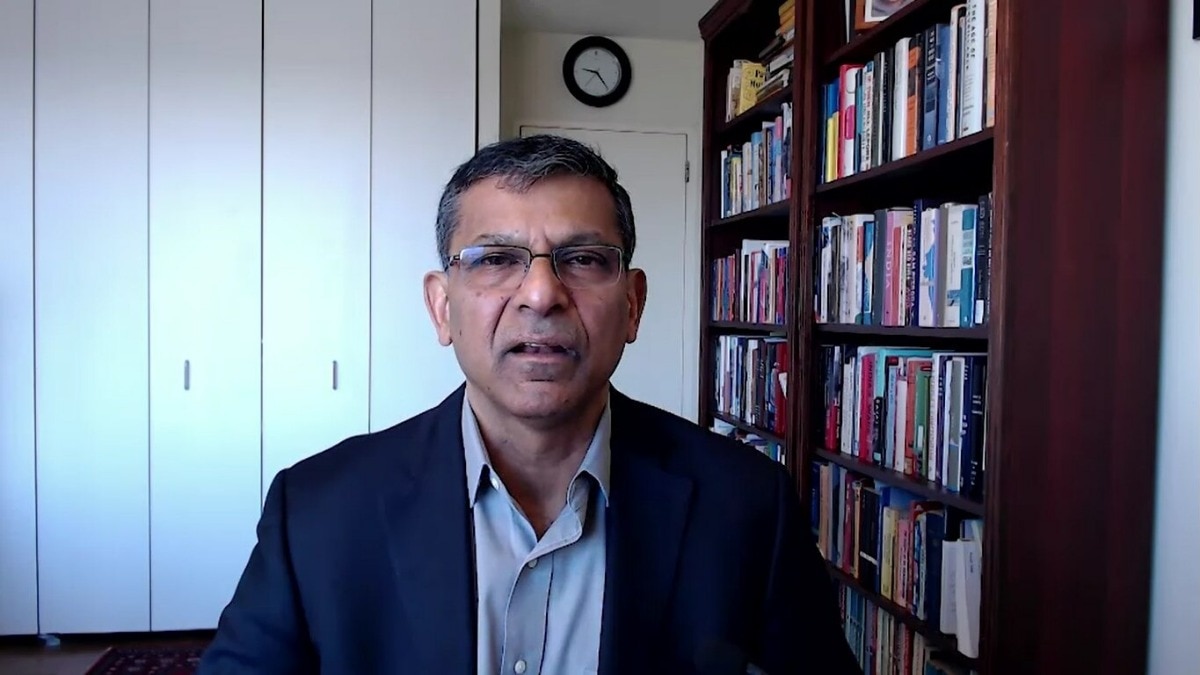Blame outsiders. Cap their success. Win votes. Lose the future.
That’s the political playbook former RBI Governor Raghuram Rajan dismantles in his new essay, The Costs of Victimomics.
With pointed critiques of Indian quota politics and Donald Trump’s latest attacks on foreign students, Rajan warns: populism isn’t harmless—it’s sabotaging global competitiveness.
“Perhaps the easiest political strategy nowadays is to tell unhappy voters that they are victims,” Rajan writes. The formula works: stir resentment, promise protection, and demand nothing in return. But the cost, he argues, is rising—and long-term.
In India, local politicians are demanding job quotas for locals in booming cities, claiming that outsiders are taking too many high-quality private-sector roles. Rajan’s rebuttal is blunt: “It may simply reflect their greater merit.”
Capping opportunity, he warns, strangles firm productivity. “Filling a firm’s upper echelons with sub-par locals affects productivity and competitiveness,” he wrote. The result? Businesses shrink, relocate—or collapse—taking jobs for locals with them.
Across the ocean, the same narrative is playing out. Rajan blasts Donald Trump’s proposal to limit foreign students at elite U.S. universities to 15%, down from 31%. Trump claims Americans are being edged out. Rajan calls it self-sabotage. “Such a policy could do lasting harm,” he writes, pointing to the research and innovation that foreign students drive. Cap them, and U.S. universities decline—along with America’s global edge.
Even Trump’s push to “bring iPhone manufacturing home” comes under fire. Rajan explains how forcing Apple to manufacture in the U.S. would spike costs, crash global demand, and wipe out service revenue from platforms like the App Store. The result? A weaker Apple—and a weaker economy.
Instead, Rajan urges leaders to level up, not down. He holds up Singapore as a rare model of clarity. When parents complained that high-achieving Chinese students were outpacing locals, a minister responded: “In 15 years, when your kids get jobs, would you rather these Chinese kids competed on their side because they grew up here, or against them?” The complaints stopped.
Rajan’s message is clear: victimhood politics might win elections. But the smartest countries are competing with talent, not capping it.








